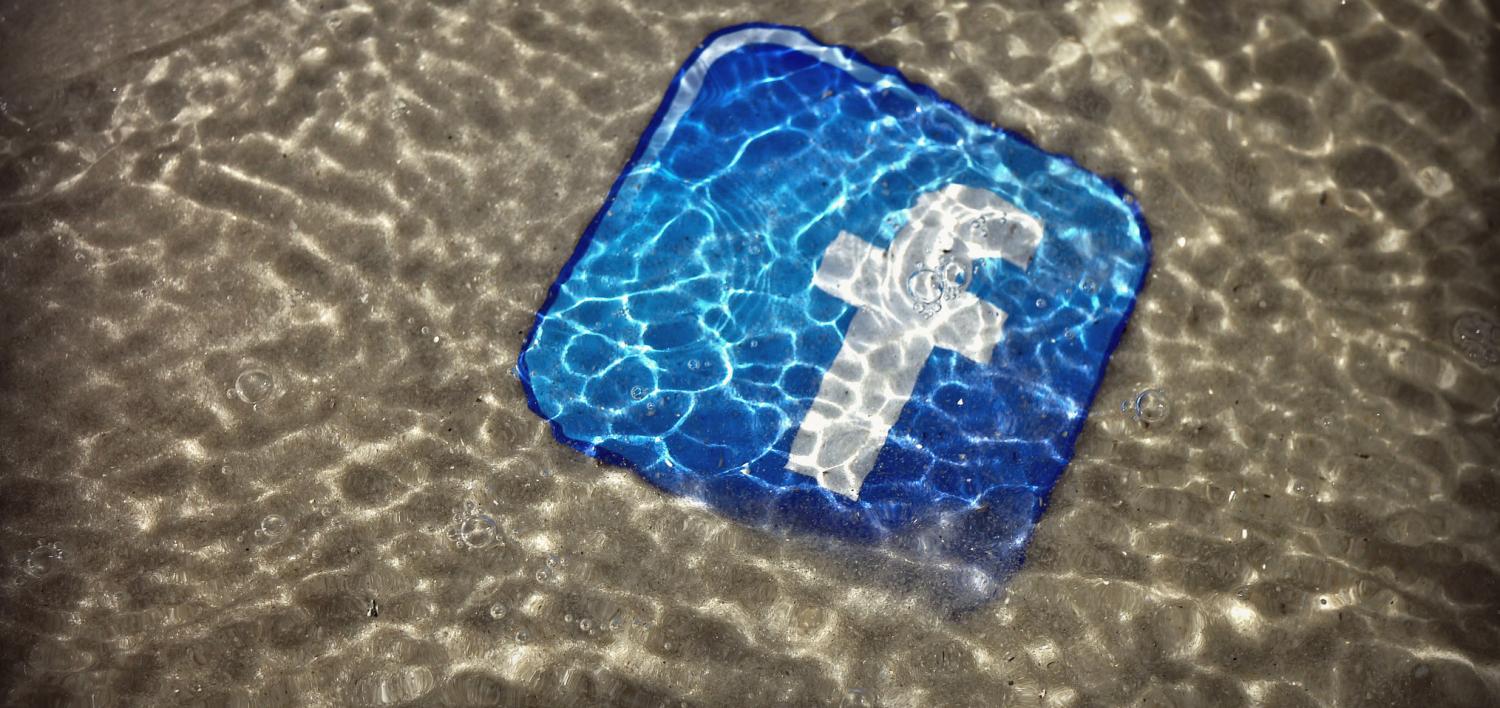Australia’s relationship with cyberspace has never been so intense and so intimate. A staggering 93% of us are on the internet every day and the amount of time we spend online is tremendous: an average of five hours via our computers and another hour and-a-half on our mobile. Almost two hours of our digital day is spent solely on social networking and another two million of us have signed on to social media since 2016.
Unlike many of our neighbours in the Asia Pacific, whose loyalties are split between the offerings of Silicon Valley and Asia’s social networking giants, our online alliance is crystal clear. We’re a true blue Facebook nation: 69% of Australians have a Facebook account and most us check that account every single day. Behind Facebook in the popularity stakes is a suite of Facebook-owned networks: Facebook Messenger (42%), Instagram (32%) and a little further down, Whatsapp (19%).
Given our cyber addiction, it’s not surprising a new BBC-commissioned poll released last month found Australians hold strong views about the state of cyberspace and the direction it is going.
The poll, conducted by research group GlobeScan, found Australians are worried about ‘fake news’, with 75% of respondents agreeing with the statement ‘I worry about what is real and what is fake on the Internet’. This result dips a little below the global average with those in China, Canada, Russia and Indonesia more concerned than we are.
We have a strong commitment to internet access, with 84% of Australians in agreement access should be a fundamental right of all people. This is an important stance when considering many of our neighbours in Asia do not enjoy an internet free from strict censorship and shutdowns like we do.
On internet freedom, Australia ranks sixth in the world according to Freedom House’s annual ranking. But the BBC poll also found Australians are divided on government regulation. Just over half of us (51%) agree that the internet should never be regulated by any level of government, anywhere. It’s the slimmest of majorities but a result that is seven percentage points higher than what the BBC found in 2010.
The most worrying result for Australia can be found in the poll’s final question on cyber expression. Only 31% of Australians agreed that ‘the Internet is a safe place to express my opinions’. This heightened anxiety puts us out of step with the rest of the world, where a global average of almost half of respondents agreed with the statement.
So why do almost seven out of ten Australians believe the internet is not a safe place to express opinions? It’s a sharp increase – 23 percentage points – from how Australians felt in 2010. There isn’t a significant difference along gender lines with only slightly more women (70%) than men (66%) holding these views.
Could we attribute this sharp increase to a growing concern in Australia about online harassment and cyber-bulling? A 2016 study by Norton found that over three-quarters of Australians under 30 had experienced some form of abuse or online harassment and that one in four women under 30 are subjected to online threats of physical violence.
Are these results reflective of our trust in internet companies and our government? Are we concerned about how our online opinions might be used, by whom, and who exactly is watching? A 2017 Ipsos poll co-funded by the Canadian Government found 60% of Australians trust the government to act responsibly online. But the same poll also found 62% of Australians agree their own government is a contributing source of concern about their online privacy.
We may be a country of Facebookers but we have little faith in the social media companies that feed our addiction. A report released this year by the Office of the Australian Information Commissioner found only 12% of Australians see the social media industry as trustworthy with regard to how they protect and use our personal information. The industry with the second-lowest level of trust? Another digital sector, e-commerce, at 19%.
Whatever the cause of this heightened anxiety, it’s unlikely to stop Australia’s love affair with the internet. We are all-in when it comes to cyber connectedness. But these shifting attitudes will likely alter how we use it and why we use it. And our attitudes and trust levels will continue to change as we gain a greater understanding of how tightly our lives are now intertwined with the politics and security of cyberspace. Mounting evidence of Russia’s sophisticated cyber interference in the US election for example – fake social media accounts, Twitter bots, Facebook ads, ‘dark posts’ and digital impersonation – give us a daily reminder of how easily many of the platforms we rely on can be used to create confusion and spread disinformation.
Australia is rapidly heading towards a future where our lives will be transformed and dictated by connected technologies. We will spend more time online, often without knowing it. There will be more smart devices in our households and facial recognition systems will become mundane. Advancements in artificial intelligence will re-shape how we learn, work and socialise. A greater understanding of our relationship with cyberspace - how we feel about the actors, opportunities and the threats that dominate it - will be crucial.

